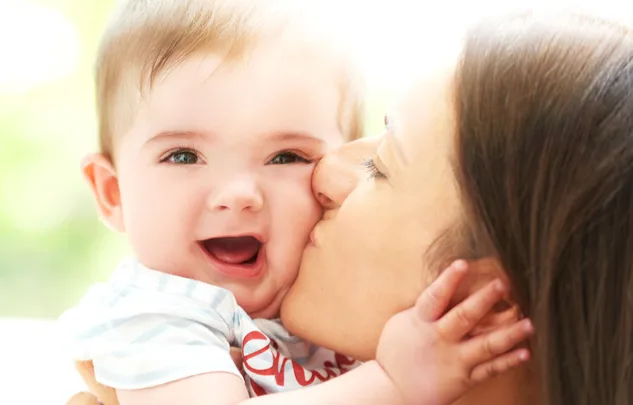When I saw this morning’s headlines I nearly choked on my toast. Stay At Home Mums Are A Drain on Society’. `Mums Should Go Back To Work’. Surely they were from a satirical news site, or some great fake news with a humorous twist? But no. These little news items cited a new employment study from the very official Organisation for Economic Co-operation and Development (OECD) implying Stay At Home Mums should get off their butts and get a job.
Breakfast TV and Twitter responded accordingly: OUTRAGE.
There was OUTRAGE over the fact the report referred to SAHMs as `inactive’, there was OUTRAGE over the fact the report failed to measure their economic productivity, there was OUTRAGE over the fact that mums are prevented from going back to work due to lack of access to decent child-care and there was OUTRAGE over the fact there were plenty of other people on welfare draining the economy, but they weren’t singled out.
Of course no-one actually read the report (and now I know why). It was a horrifically dry, data filled academic tome that had me reaching for an early morning martini.
But it’s aim, in short, was to identify untapped labour markets in Australia, and how to give these people better opportunites to get a job in order to boost productivity. Stay-at-home-mums were only one segment of the under-employed mentioned, while others included Indigenous groups, people with disabilities, aged workers and youth.
If anything the report was making an economics case for those mums who potentially wanted to go back to work – not against them. And it also clearly stated that reliable and flexible child-care was a major barrier to their re-entry.
In fact, the report actually said what woke business folk and feminists have been saying for, like, ever: that women’s talents are untapped and underutilised everywhere and that if we had more women participating at all levels of the workforce, the more productive our country will be. It’s diversity benefits 101.
The report outlined the fact Australia has some work to do in improving employment and retention rates of women everywhere. The fact this report came out in the same week Labor MP Kate Ellis resigned from politics due to the impossible task of combining a career in Canberra with a family in Adelaide, is prescient. Our collective hearts felt her pain, while bemoaning her loss.
But today’s OUTRAGE had little to do with either Ellis or the OECD report, but was really the work of an astute news editor skilled in the art of pushing buttons.
For if you’re looking to push buttons – women are easy targets, because, when it comes to being judged by society, any decision we make appears to be a lose-lose, so we end up at odds with each other.
And it’s the bare-knuckled ride of motherhood where we are most exposed and potentially most divided. The issue isn’t that women don’t value mums who choose to Stay At Home to raise their kids: it’s the implicit fact that if you recognise that children thrive with a Stay At Home Mum, then surely that means the offspring of a mother who is absent from home, will wither.
But it doesn’t have to be so. You are not a drain on the economy if you decide to stay at home to raise your kids. And nor are you a drain on society if you decide to work. If we praise one type of mum, we are not condemning the other. There isn’t only two ways to raise kids, like there isn’t only one way to be a productive member of society. And while this report focussed on economic productivity, women know first-hand there are lots of other ways to measure your worth in society other than through your pay slip. And that’s an OECD report I look forward to seeing.










